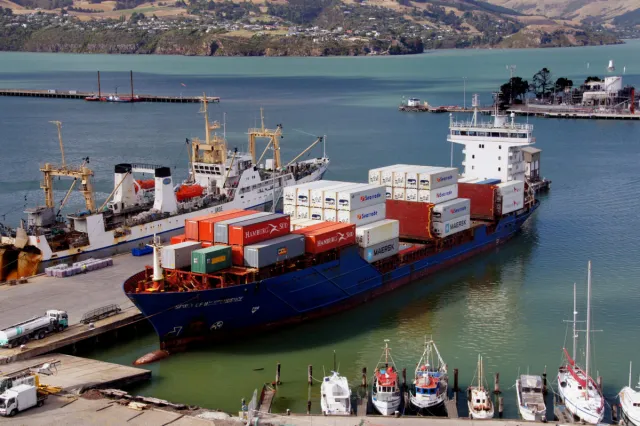German industry body calls for 5 GW cell manufacturing fab in Europe
Aug 14, 2019 04:16 PM ET
- The VDMA says Europe can restart a solar production sector that can compete on price with Chinese imports by reducing transport costs – provided a Euro supply chain can be established.

With recently appointed European Commission president Ursula von der Leyen mulling a carbon border tax to address European nations’ habit of ‘offshoring’ carbon-intensive manufacturing, a German industrial lobby has made the case for bringing solar module manufacturing back to Europe.
German mechanical engineering industry association the VDMA commissioned a survey of the potential costs of manufacturing solar cells in Europe and concluded such a move would be economical if a large enough manufacturing facility could be established.
The VDMA said the world’s thirst for new solar capacity was starting to cause supply shortages despite huge production capacity expansion taking place in China, where the vast majority of the solar modules installed around the world are made.
In a press release issued to highlight the survey, which was carried out by Germany’s Fraunhofer Institute for Solar Energy systems, VDMA head of photovoltaic equipment Jutta Trube said: “The first supply shortages for solar modules, which are mainly produced in Asia, are already becoming apparent. A new dependency is emerging for Germany and Europe, although the technological competence is available here.”
Cell gigafactory required
The industry association, which also claims to represent the sector across Europe, said a solar cell manufacturing facility with an annual production capacity of at least 5 GW would be required to ensure European-made cells and modules could compete on price with Chinese imports.
Such a factory, which the VDMA said would cost “slightly over” €1 billion, would maximize its ability to compete on price if a complete supply chain could be established in Europe and if the fab were located in a European state with low labor costs.
By reducing the transport costs needed to export products to nearby markets, European-made solar modules could compete with the Chinese products that destroyed the original European market, the VDMA claimed.
The business group said the economic case was strong with Europe having installed 11.5 GW of new solar generation capacity last year, expected to add 24 GW more next year and predicted to ramp up that volume to more than 100 GW annually from 2025-30.
German former defense minister Von Der Leyen was elected to head of the European Commission last month on a climate change ticket and has spoken of a need to address the carbon footprint of products imported into Europe by potentially applying tariffs to penalize less sustainably manufactured items.
Also read

